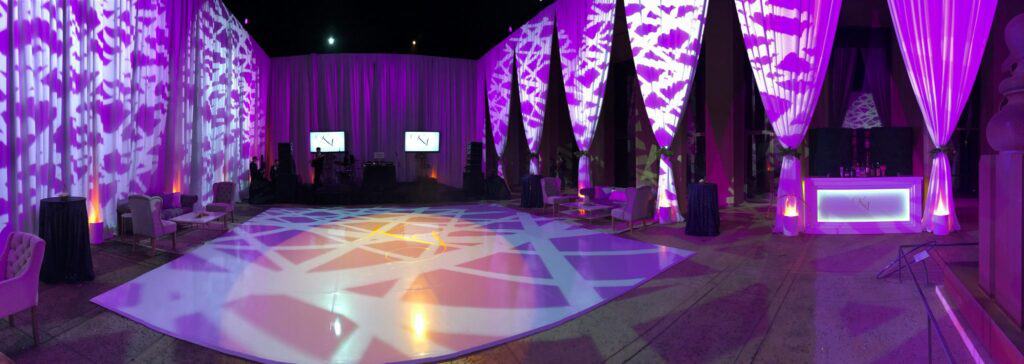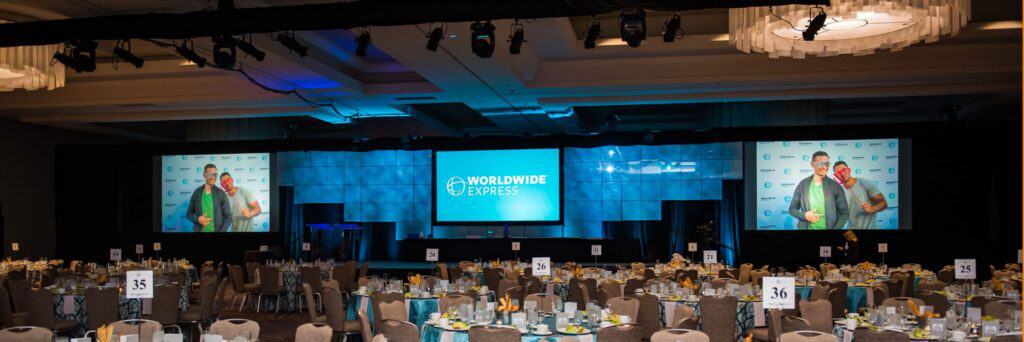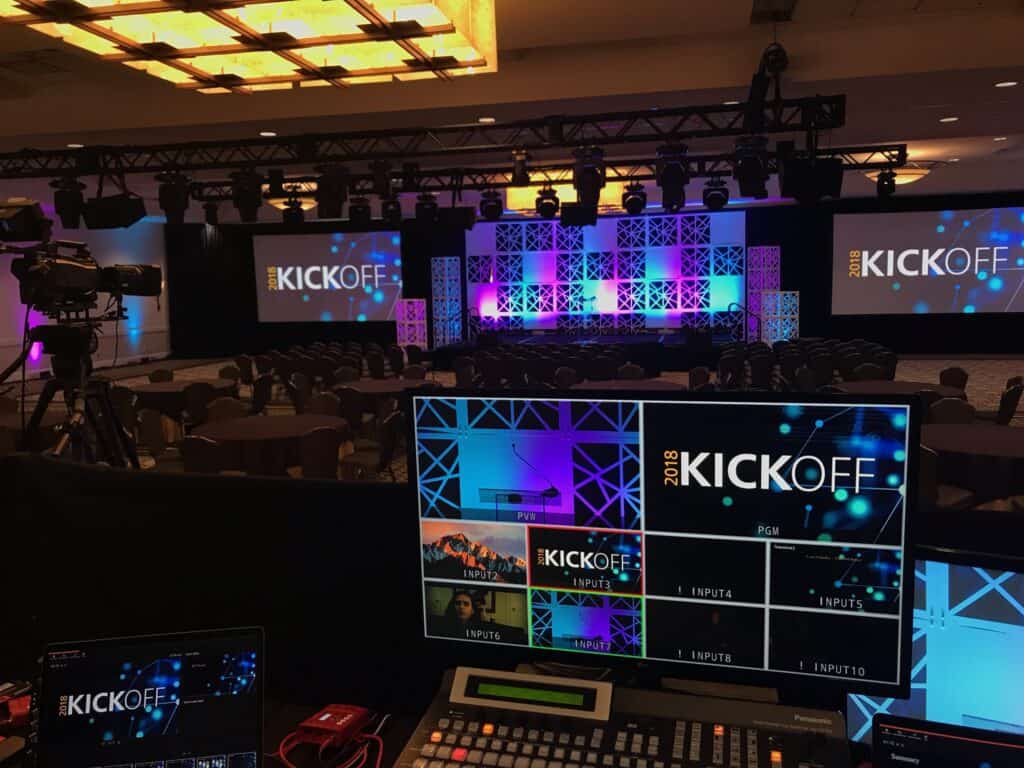The battle of two friendly foes: In-House vs. Outside A/V Companies
In the Meetings and Events Industry there are numerous production companies and agencies constantly vying for meeting planners and their client’s business. Planners wrestle with the question of when to use In-House A/V and when to venture Outside. For many, the decision is the equivalent to “hitting the easy button”, but have you wondered what the differences really are? As with anything in life, there are benefits and drawbacks to each approach. Let us help you navigate which avenue works best for your situation.

Things to Consider
Pros to using In-House A/V:
- On-site office and equipment
- Can waive costs on exclusive services (power, rigging, internet)
- Hotel can be leveraged for deeper A/V discounts
- Hotel more flexible with load schedules
In general, the In-House A/V team tends to have a greater knowledge of the venue, seamless integration with the hotel, and direct communication with banquets and other hotel departments. Their convenience alone makes choosing the In-House A/V company a preferred choice for many who like to keep things simple.
Cons to using In-House A/V:
- No continuity for a client who selects a different location each year
- Generally less flexible with labor hours, pricing, and concessions
- Many services Outside the norm of basic projectors/systems are outsourced
Although choosing the In-House A/V company may be convenient, there are drawbacks. Since the In-House company is heavily integrated into the hotel, they have to split their revenue with the hotel, generally leading to inflated pricing. In addition, each property has its own In-House team, meaning that the skill level of technicians varies and if you move from one property to the next, it takes out the relationship building and understanding you may get from a company that moves with you. Labor is often scheduled based upon who needs the hours, versus matching skill sets to the event needs.

What’s the Alternative?
Pros to using Outside A/V:
- Tend to be more creative
- Latest equipment and technology available
- Experience coordinating multiple events in multiple cities
- Last minute additions are easy to manage
- Consistent pricing nationwide
The other side to the coin is going with an Outside A/V company. In hiring an Outside A/V company, they are generally able to follow you and your event wherever it may be held, allowing for a deeper understanding of your needs, a team and on-site technicians dedicated to your event, and an emphasis on pre-production to work with you every step of the way. Don’t reinvent the wheel each time your conference moves locations; save your meeting planner time, which saves everyone money. Speaking of money, because Outside companies do not need to split revenue with a hotel, they tend to have more flexibility with their pricing, as well as access to a larger assortment of equipment and technology.
Cons to using Outside A/V:
- Familiarity with the property may be lacking
- Additional costs related to travel for site inspections and for event days (airfare, meals, hotel)
- Added fees by the hotel to make it cost prohibitive (power, liaison, internet, room rental, etc.)
- Large change in scope of the project on-site may affect costs or staffing for events Outside their home markets in an adverse way
As with everything, choosing an Outside A/V company does have a few cons. Since Outside A/V companies do not work exclusively with one property, their venue knowledge may be lacking depending on where your event is taking place. Furthermore, hotels may add on burdensome fees for using an Outside company for items such as power, internet, and room rental. In some cases making the cost drastically higher overall.

The Verdict is?
Choosing between the In-House A/V and an Outside A/V company can be a tough choice, but one that should definitely be considered during the Site Selection process. The allure of convenience is often what makes many groups decide to go with the In-House A/V company. The In-House company is a great choice if you are looking for a basic production level, knowledge on the venue, and easy integration with the hotel. Where the In-House company can tend to falter is where Outside companies excel. As the In-House company does not move between venue locations, their margin for building lasting relationships with you and your events is small, and they tend to have less room for variety. Outside A/V companies have the ability to be involved every step of the way, from the planning process to the execution of the event, and any last minute needs. They are able to stay up on the latest trends and technologies, and make sure their equipment is up to the task. Outside companies tend to be more flexible and creative, working with you from concept to creation and execution, but may not have as much knowledge about the venue up front.
Know what fees will be added to your master account if you do not use the In-House company, BEFORE you book the property. These fees can make or break a conference or meeting budget.
Have you run into the problem of choosing between an In-House or an Outside A/V company before? What made you choose one over the other?







